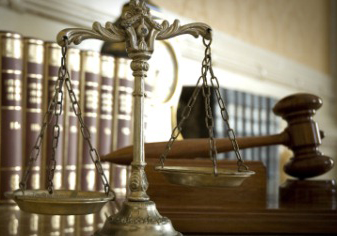
Jan 11, 2018 | Advocacy, Cases, Legal submissions
The ICJ responded today to the observations of the Czech Government on the merits of the collective complaint brought against it earlier last year by the ICJ and Forum for Human Rights.
The complaint to the European Committee of Social Rights (ICJ v. the Czech Republic, No. 148/2017) argues that the Czech Republic fails to ensure equal legal protection and participation of children below the age of criminal responsibility in the pre-trial stage of juvenile justice procedures.
The ICJ and Forum for Human Rights reinforced the complaint, relying on Article 17 of the Social Charter, in relation to the State party’s failure to ensure that children below the age of criminal responsibility but recognised as having infringed the penal law are treated in a manner consistent with the promotion of the child’s sense of dignity and worth, which reinforces the child’s respect for the human rights and fundamental freedoms of others and which takes into account the child’s age and the desirability of promoting the child’s reintegration and the child’s assuming a constructive role in society.
Europe-ECSR-ICJvCzechRepublic-ChildrenJustice-ICJresponse1-2018-ENG (download the ICJ reply)
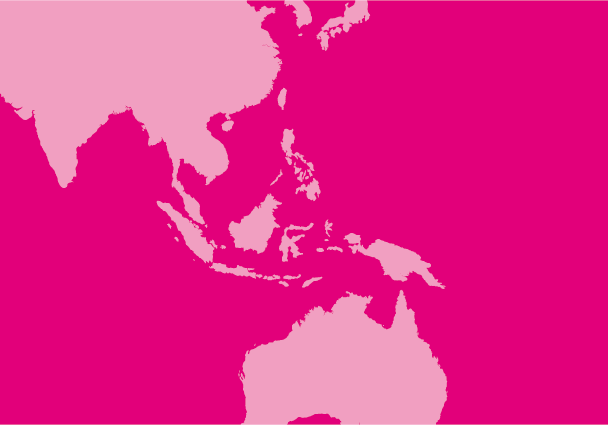
Dec 20, 2017 | News
Legal Advisers from the International Commission of Jurists addressed a locally-initiated forum on human rights held in Yangon in December.
Participants who attended from across the country heard from more than twenty presenters and panelists, speaking on topics including: freedom of religion and belief; human rights in armed conflict; freedom of assembly and expression; and economic, social and cultural rights.
The ICJ’s International Legal Adviser Sean Bain joined a panel discussing ongoing human rights violations in areas of conflict and insecurity.
In November the ICJ published a report, “Questions and Answers on Human Rights Law in Rakhine State,” which lays out applicable national and international law in the human rights crisis there, and steps necessary to improve the situation.
Sean Bain emphasized that rights violations against Rohingya Muslims should also be examined with reference to the overall patterns of violations throughout the country, too often perpetrated by security forces with impunity against peoples of many ethnicities and religions, particularly in conflict areas.
On a panel discussion on religious freedom, Advocate Daw Zar Li Aye outlined relevant provisions in national and international law that protect freedom of religion and belief.
She noted, however, that in practice ambiguous and vague provisions of national laws have been applied in a discriminatory manner against members of minority groups.
Zar Li Aye also suggested that any legislative amendments incorporate clearly stated objectives to protect religious freedom, in line with the State’s international law obligations.
Many participants in the forum noted the emergence of a backlash against the language of human rights in recent months, linked to the crisis in northern Rakhine State.
Asked how human rights defenders in Myanmar may continue their work in this context, Sean Bain responded, “To be truly effective in protecting human rights for all we must stay true to our values and not accept violations against any people in any context.”
The ICJ’s involvement in this Forum is part of ongoing engagement with civil society groups in Myanmar.
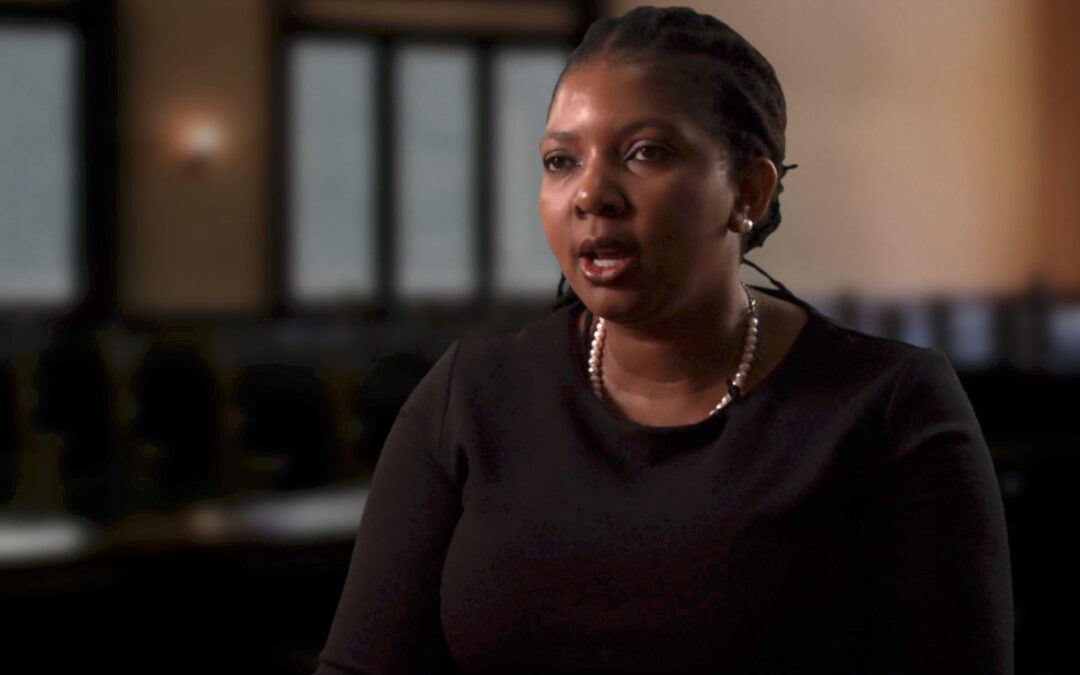
Dec 18, 2017 | Multimedia items, News, Video clips
Raquel Yrigoyen Fajardo, Karabo Ozah and Charles Dinda talk about traditional justice systems in video interviews recorded at the 2017 ICJ Geneva Forum.
Dr. Raquel Yrigoyen Fajardo, Lawyer and Professor at the Law Faculty of the Pontifical Catholic University of Peru, and founding member of the International Institute on Law and Society (IIDS), describes the survival and contemporary recognition of justice systems of indigenous peoples in the Americas, despite the history of colonial domination.
She argues that indigenous justice systems often already reflect many international human rights standards, and where there may be discrepancies change should be sought through respectful engagement and consultation rather than coercive imposition.
In contrast, Ms Karabo Ozah, Deputy Director of the Centre for Child Law at the University of Pretoria in South Africa, argues that it is crucially important to ensure that customary and traditional courts respect domestic legislation and international standards on human rights.
Otherwise she warns, based on her experience, customary courts too frequently fail to protect the rights of marginalized groups, children, LGBTI, and women.
Charles Dinda, Senior Legal Adviser with the Danish Institute for Human Rights in Zambia, points out that while traditional and customary justice institutions are the most easily accessible and in many respects most credible institutions for some populations, their decisions are too often inconsistent or unfair.
To avoid this, he insists on the importance of understanding and studying the way these systems operate and on the need to engage with them to learn about their practices and to build their capacities so that they have better knowledge of international human rights standards and indeed of the national laws in the countries where they operate.
Watch the interview with Dr. Raquel Yrigoyen Fajardo
Watch the interview with Karabo Ozah
Watch the interview with Charles Dinda
NOTE:
The views expressed by the participants do not necessarily reflect those of the ICJ.
For more information about the 2017 Geneva Forum on Customary and Traditional Justice Systems, click here or contact matt.pollard(a)icj.org .
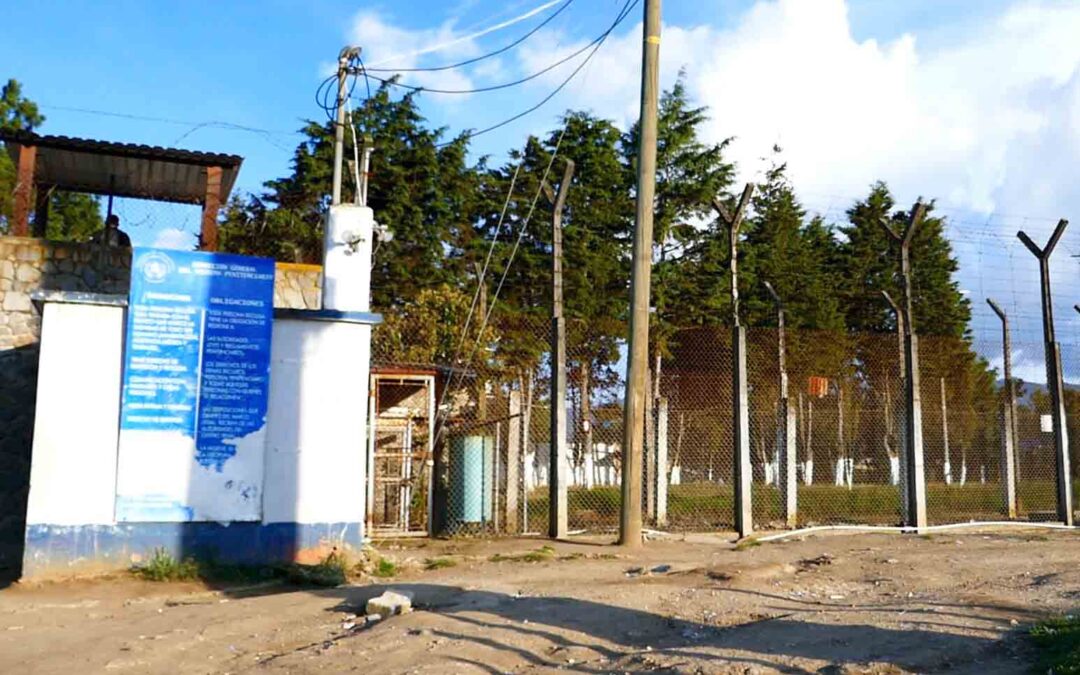
Dec 18, 2017 | Multimedia items, News, Video clips
Leaders of indigenous communities in Guatemala, seeking to protect their lands and natural resources from the negative impacts of business operations and infrastructure projects, have been charged with alleged criminal offences and in some instances arbitrarily detained.
This response is designed to silence voices of protest and legitimate demands for free, prior and informed consent for infrastructure or other projects in indigenous communities.
The video includes interviews with Ramón Cadena, ICJ Director for Central America, two indigenous traditional leaders, who have been the victims of arbitrary detention, and a women community leader, explaining the impact of the detention on the family and the whole community.
The criminalization of human rights work is a phenomenon whereby community leaders are charged with different criminal activities because of their opposition to a development model based on extractive industries or the privatization of essential social services.
This development model affects the natural resources (water, land and the environment) on indigenous peoples’ territories.
This is a global phenomenon and is particularly acute in Guatemala.
The exploitation of natural resources, such as open-cast mining and the operations of extractive industries in the territories of indigenous peoples, is one of the main reasons which are behind the crackdown on social protest and human rights work.
The different communities that have been affected seek to defend their territories and oppose the different forms of exploitation of the natural resources found on their territories or in the surrounding areas because it can affect the water supply, the land and the environment.
A number of leaders have been killed because of their opposition to these projects.
Some family members of those killed have in turn taken on the task of opposing these projects and they have also been charged with criminal offences.
In Guatemala, there is also an intense social conflict because of the way in which electricity services are delivered.
As a result of the privatization of the service in 1996, the Guatemalan State has granted concessions to national and international companies to provide electricity services.
Over the years, many users have complained about the poor quality and high cost of the services that these private companies provide.
The National Electricity Commission has failed to respect its legal duty to “ensure that the obligations of the concessionaries and contractors are fulfilled and to protect the rights of users,” which many discontented users have demanded.
The social protests concern the three different phases of electricity production: the generation of electricity, involving the construction of hydroelectric dams by multinational companies that impact on indigenous peoples’ territories, the electricity transmission grids, and the electricity services.
Because of this situation, many electricity users have declared that they are in resistance, citing article 45 of the Guatemalan Constitution that states: “It is legitimate for the people to resist in order to protect and defend the rights and guarantees enshrined in the Constitution.”
Acting on this Constitutional protection has led to human rights attacks on many community leaders, lawyers and human rights defenders.
The ICJ supports access to justice for persons who are victims of these human rights violations.
The ICJ supports lawyers who defend these victims of the criminalization of social protest; it carries our trial observations in significant cases; it promotes dialogue between the communities and the relevant State authorities as well as the local Mayors; and in some cases, it supports submissions before the Constitutional Court.
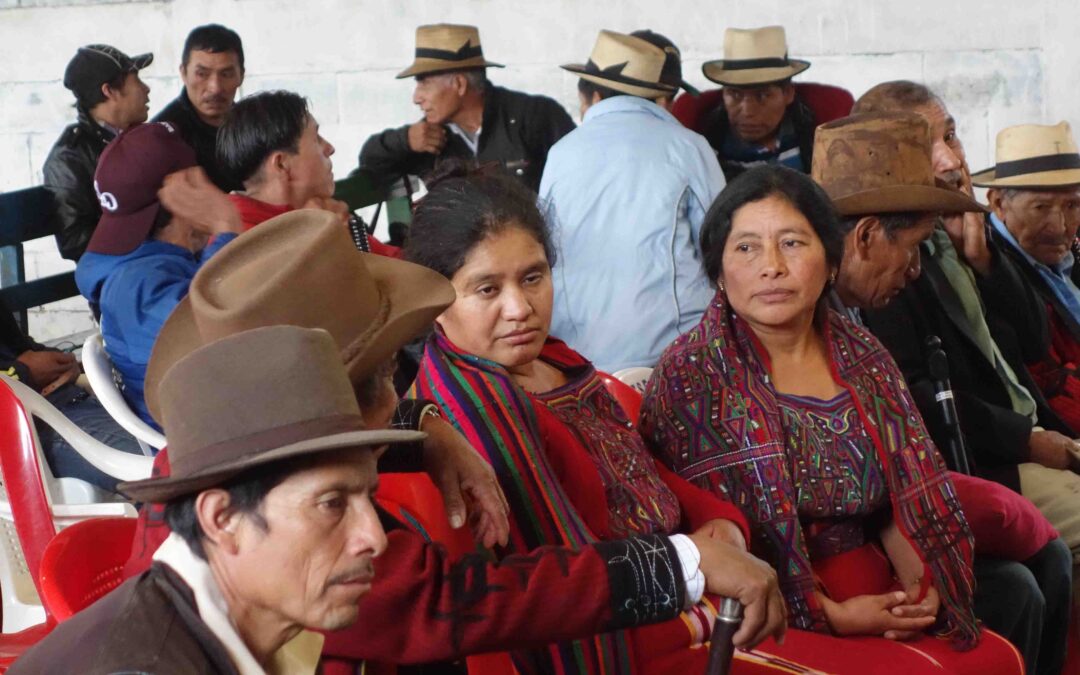
Dec 5, 2017 | News
Guatemalan indigenous and peasant communities are finally finding a measure of justice and recovering lands and territories that had previously been seized by authorities or private economic actors, including during the internal armed conflict that took place from 1960 to 1996.
The ICJ learned of these encouraging developments at a workshop it held jointly with the UN Office of the High Commissioner on Human Rights (OHCHR) at an International Workshop on strategic litigation in the defense of land and territory, in Guatemala City, between 9 and 10 November.
One of the successful stories, told by Don Pedro Herrera, a community leader from Tzalbal community, municipality of Nebaj, Department of Quiché (Northern Guatemala), concerns a favourable decision by a first instance judge in Nebaj, in August 2016, ordering the restitution of some 1485 hectares (33 caballerias in the old measurement system still in use in Central America) to the Tzalbal communities.
The decision is under appeal before Guatemala’s Constitutional Court, but the Workshop heard that it had already boosted morale and hope among members of local communities on prospects for restitution for violations of their land rights.
The 33 caballerias had been segregated from the rest of municipal and community land in around 1984, in the midst of the Guatemalan civil war and as part of the counter-insurgency plans drawn by the military rulers purportedly to create loyal villages in the frontline to combat insurgency.
Most members of the community at the time had fled their homes, fearing for their lives that were threatened by both the armed insurgency and State military forces.
The de facto local authorities were coerced into signing documents agreeing to the separation of the land, but much of the population had remained unconcerned with the operation.
However, in 2011 FONTIERRAS, the government land authority, revealed to the community that their land had in fact been registered as State property following the forced separation in 1984.
Since then, Tzalbal communities started to take concerted action to recover the lands that they considered to be lawfully theirs and were the places where they maintained their homes and livelihood.
Tzalbal communities have some 70 families with some 500 people of all ages. When they learned that the land they traditionally possessed was “legally” the property of the State of Guatemala, they approached the ICJ- to provide legal assistance.
An Amparo constitutional writ was filed on behalf of the Tzalbal communities requesting the court to protect the rights of property and due process under the Guatemalan Constitution and declare the entry of land property in favour of the State in the land register invalid.
In August 2016, the first instance judge ruled in favour of the communities and ordered the register to amend the entry into the land registry. However, the State representatives have appealed against the ruling and a public hearing on the case took place the first week of November 2017. A final decision on the case by the Constitutional Court is now awaited.
Land, territory and resources are crucial assets for the survival and well being of indigenous and other local communities in Guatemala and other countries. For indigenous peoples, there is also an inherent and special relationship with land and territory which many times acquires religious and cultural significance. At the Workshop on Strategic Litigation, several other groups explained how they carry on their fight for justice and in defense of their land and territory.
Several of those groups recognized the instrumental assistance from the Guatemala office of the UN High Commissioner for Human Rights, which through its Maya Programme provides advice and support to local communities in their defense of land and territory.
One case under discussion, still underway, concerns the legal challenge to the Environmental Impact Assessment carried out by the Island Oil Company pursuant an oil exploration and exploitation contract with the government involving five municipalities of El Petén department. El Petén is the location of the largest biosphere reserve in Guatemala, where, curiously, human settlements are not allowed but some oil companies are authorized to carry out operations.
The legal battle has been led by Qeqchi, Mopan and Itza peoples and supported by the Maya Programme. An administrative remedy known as opposition was filed before MARN, the national authority for the preservation of the environment, alleging the violation of rights such as lack of consultation and consent from local communities. The administrative authority ruled in favour of the plaintiffs and ordered the exploration to stop until regulatory requirements are fully complied with.
Over time, the work of the ICJ and other groups, taken in coordination with the UN human rights office in Guatemala, has begun to show results.
More and more communities are taking concrete steps to legally challenge the actions or laws that cause or perpetuate their dispossession of their traditional land and territory.







